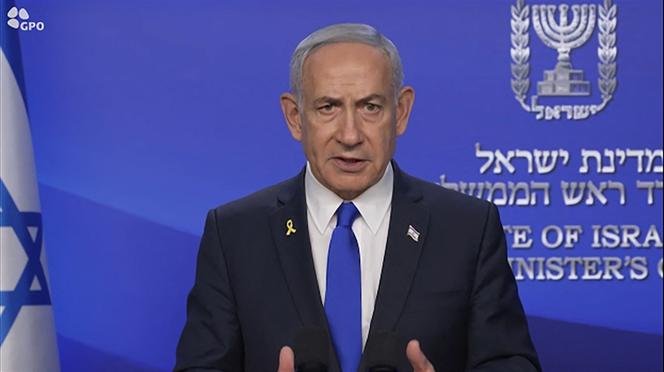

The world slowly emerging from the ruins of the old international order established by the United States after World War II is showing no regard for principles and the rule of law. Only strength matters now, and those who wield it without restraint set the tone. On June 13, Israeli Prime Minister Benjamin Netanyahu, confident in his military's strength, made that choice against Iran. There is no longer any doubt that his objective is not only to halt Tehran's threatening nuclear program but to trigger the fall of the regime itself, an outcome he sees as inseparable from that project.
This is not to defend the Iranian regime, which now survives solely by repressing its own people. For too long, it played a destructive role in the Middle East, establishing through Hezbollah a state within the state in Lebanon and actively supporting Syria's brutal regime throughout a civil war, right up to the collapse of the Assad dynasty.

However, with the law of the strongest increasingly prevailing, it is more necessary than ever to reaffirm the importance of international law. The much-abused framework states that preventive war is no more legal than regime change unilaterally imposed by an external power.
The US was the first to trample on this principle in 2003, when it invaded Iraq on the pretense of weapons of mass destruction – a state-sponsored lie. Vladimir Putin then seized this opportunity, first in Georgia and later in Ukraine.
It's not just a question of defending the need for common rules to avoid a return to a world divided into spheres of influence, within which peoples are enslaved to a hegemonic power, without this preventing the peripheries from being the object of confrontations between great powers. Recent history has shown that regime change imposed from the outside leads to chaos. The goals of foreign powers rarely align with those of the people affected. Furthermore, when security structures collapse in such destabilized regimes, the result is regularly insurrections or even civil wars.
Iraq and Libya have demonstrated this, in contrast to Syria, where the regime change was initiated by Syrians themselves and the ongoing transition has, so far, defied the darkest predictions.
Donald Trump could play a central role in the Iranian case, given his long-proclaimed aversion to military ventures – a stance that has largely set him apart within the Republican Party. Instead of taking the initiative, the president of the world's leading military power now appears to be a pawn of Benjamin Netanyahu's belligerence, just as he has been in Putin's conflict in Ukraine.
During his inauguration speech on January 20, Trump said his success would be measured "by the wars that we end – and perhaps most importantly, the wars we never get into." By aligning himself with the Israeli prime minister, however, he risks being associated with another deadly US quagmire in the Middle East.
Translation of an original article published in French on lemonde.fr; the publisher may only be liable for the French version.
